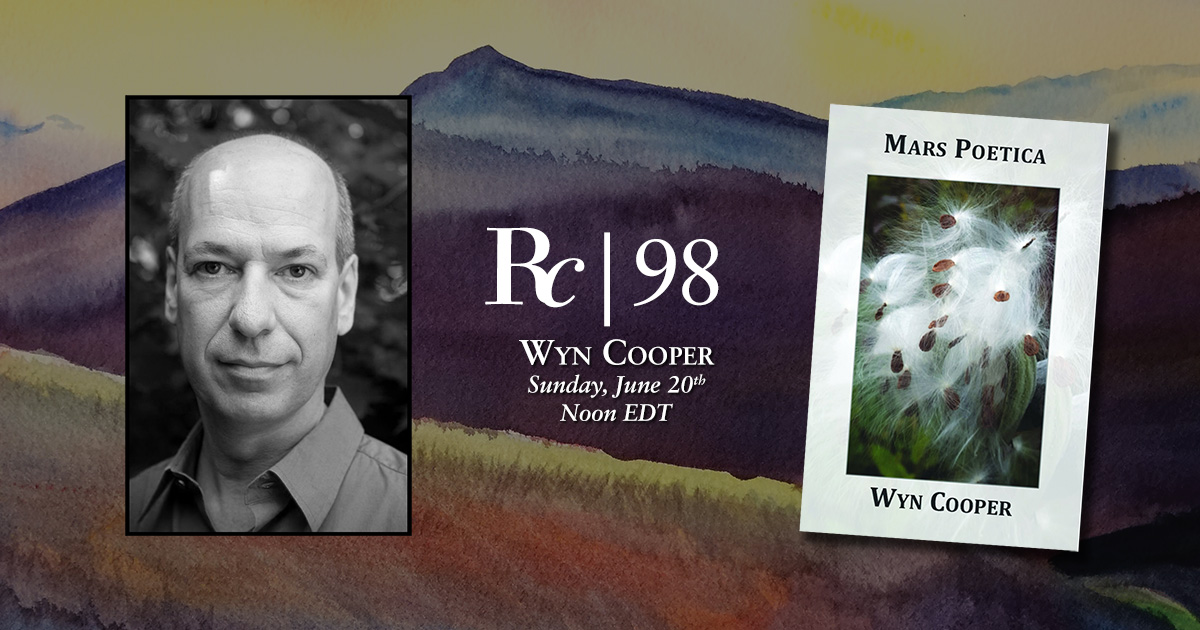September 6, 2021Smoke
1
The lens that zooms in’s
out of focus, no discernable
shapes, just shades of colors
that waver and pulse
until an image is half-disclosed,
then revolved in its frame,
then revealed:
a beating heart
suspended in smoke.
2
What red rivers run there,
what canyons do they carve,
what dark stone’s exposed
when the blood stops flowing?
3
Focus,
my first teacher told me.
Focus.
4
My father? He only hit me twice.
He knew—I knew—I deserved more.
He was helpless to change me,
though not as helpless as when
he was younger, when he was hit harder.
5
They put a stent in his arm on his sixty-sixth birthday, dark tunnel through which to wash toxins from blood. He told me to touch the stent, which was warm and felt like it had its own pulse. “It’s my pussy,” he said.
6
He grew tired of blood
going in and out.
He grew tired of everything.
Without the machine,
his body would fill with poison.
He would drown in himself.
7
“Light this for me, buddy,”
he said the last day,
handing me an Old Gold,
the cheap brand he’d smoked
since the Depression.
I could hear the morphine screaming
in his veins, could feel it in my own.
I focused on our blood.
I lit his cigarette.
His smoke curled up to the ceiling
of what had been my bedroom.
Then it was gone.

from #72 – Summer 2021